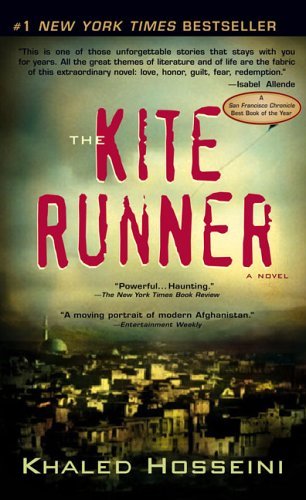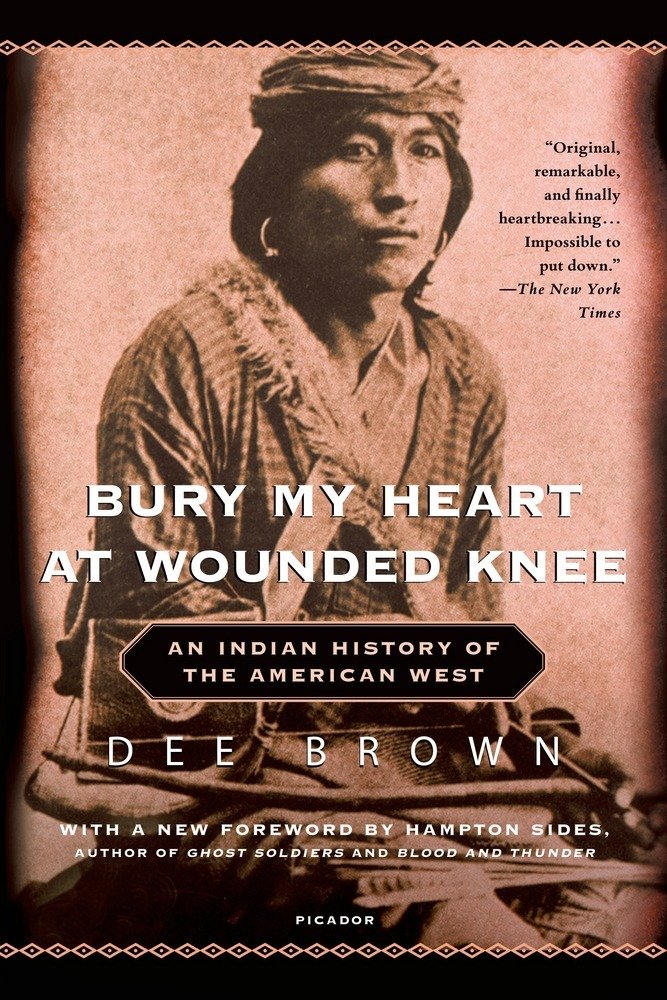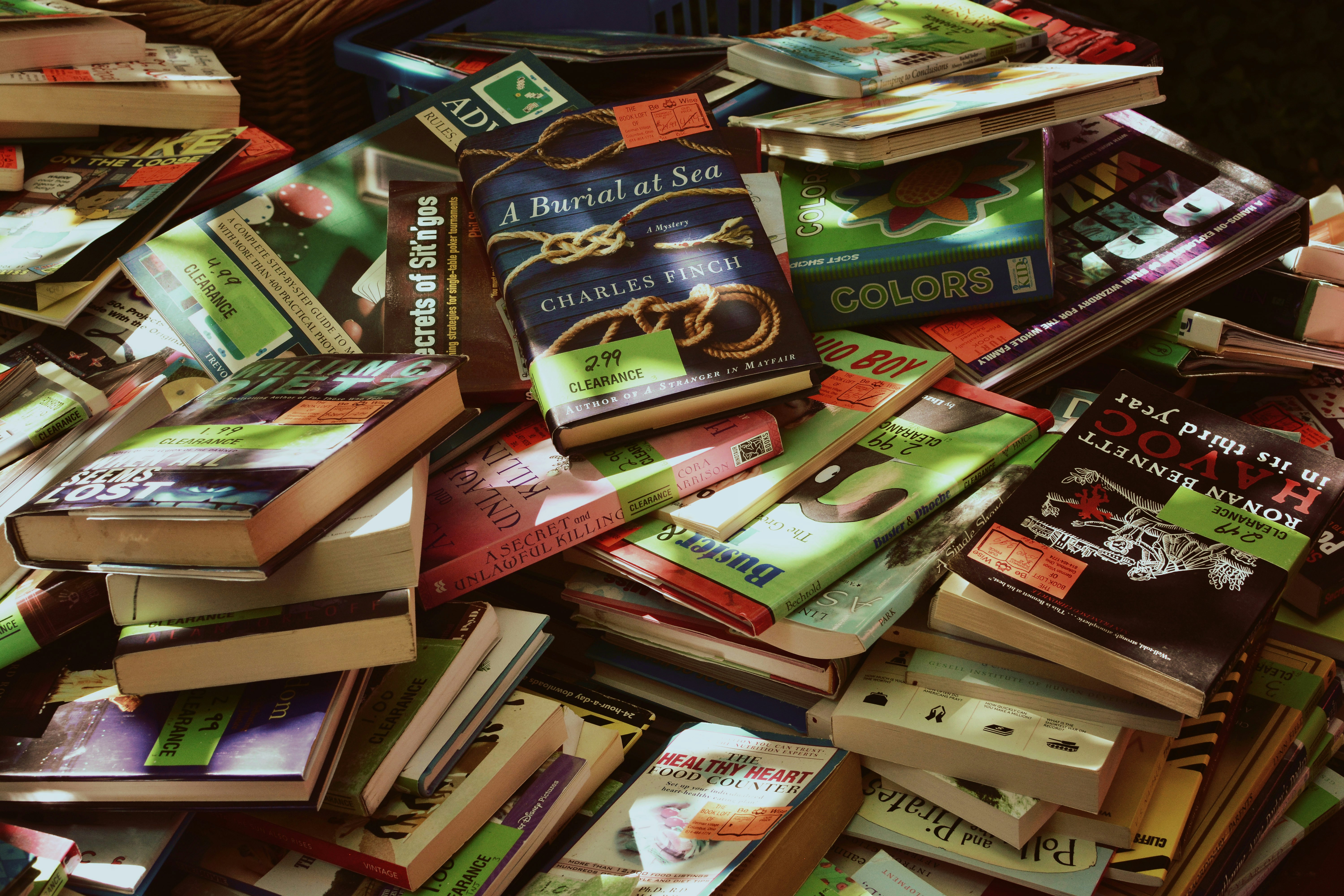Censorship and book banning are highly controversial topics in the world of literature. The media challenges many esteemed novels for the themes they present to impressionable youth and the language they use.
People are bringing books and their political impacts to light, with many realizing the political power classical literature wields. Various libraries and schools around the globe are banning novels commonly used in high school novel studies, such as 1984 and Animal Farm by George Orwell, and Fahrenheit 451 by Ray Bradbury.
These challenged books contain political & social themes such as totalitarianism, censorship, social control, and may use profane language. Readers are scrambling to get their hands on copies of these books to add to their personal libraries before it’s too late. After all, it’s ironic how books warning future generations about media censorship are being banned today.
The Importance of Reading Challenged Books
Critics argue that reading challenged books is pointless, claiming that they have no value and are bringing a bad rep to the government. Libraries are attempting to justify the purging of their shelves by stating that these novels are bad for kids. Although, reading challenged books is more than just exploring controversial or taboo topics. It’s about engaging with important conversations, expanding perspectives, and strengthening critical thinking.
Additionally, challenged books tackle complex topics, encouraging readers to think critically about the world around them. Reading these books allows teens to question norms, challenge existing ideas, and form their own opinions. Many challenged books explore underrepresented voices or tell stories from marginalized communities, which allows for readers to become educated on multiple perspectives. Engaging with these stories fosters empathy, helping readers understand the experiences and struggles of others.
Furthermore, literature has been a powerful tool for social change and self-expression throughout history. People often challenge books because they hold up a mirror to our society’s flaws and present important ideas, which can make people uncomfortable. Reading these books helps preserve the use of literature as a form of resistance and as a vehicle for change.
5 Controversial Books For Your Next Read
1. The Adventures of Huckleberry Finn by Mark Twain

Book Description: “A nineteenth-century boy from a Mississippi River town recounts his adventures as he travels down the river with a runaway slave, encountering a family involved in a feud, two scoundrels pretending to be royalty, and Tom Sawyer’s aunt who mistakes him for Tom.” (Goodreads)
“The Adventures of Huckleberry Finn” is a novel that follows the story of two young boys and their varying ideas of freedom. Many students are required to read this book as part of their novel study, which has definitely tarnished its reputation. Teachers and librarians alike criticize the book for its language, using terminology that is considered racist in today’s society.
Although, many people fail to understand the historical context in which this book is set, as it was first published in 1884. The language used by people back then is obviously inappropriate to use today, but the themes that the novel presents are important to gain a deeper understanding of our history and the slave trade. It’s interesting to see the different ideas of freedom presented by the two boys, and their journey is captivating.
2. The Kite Runner by Khaled Hosseini

Book Description: “1970s Afghanistan: Twelve-year-old Amir is desperate to win the local kite-fighting tournament and his loyal friend Hassan promises to help him. But neither of the boys can foresee what would happen to Hassan that afternoon, an event that is to shatter their lives. After the Russians invade and the family is forced to flee to America, Amir realises that one day he must return to an Afghanistan under Taliban rule to find the one thing that his new world cannot grant him: redemption.” (Goodreads)
Many U.S. institutions have banned this novel due to the difficult themes it addresses. Along with some mild profanity, the book contains heavy themes like sexual assault and stories of war, with a generous dose of violence.
Although, it also expresses vital themes of friendship, betrayal, and how politics can impact a child’s life. These are important topics for a teenager to learn about, and I believe this novel can significantly impact our understanding of the world and war. It depicts a history that schools often do not teach, making it a great learning opportunity.
At the end of the day, it is recommended by parents and youth online to wait until you are 16 or older to read this novel, so I suggest adding it to your TBR list for later!
3. Bury My Heart at Wounded Knee by Dee Brown

Book Description: “Bury My Heart at Wounded Knee is Dee Brown’s eloquent, fully documented account of the systematic destruction of the American Indian during the second half of the nineteenth century. […] Using council records, autobiographies, and firsthand descriptions, Brown allows the great chiefs and warriors of the Dakota, Ute, Sioux, Cheyenne, and other tribes to tell us in their own words of the battles, massacres, and broken treaties that finally left them demoralized and defeated. A unique and disturbing narrative told with force and clarity, Bury My Heart at Wounded Knee changed forever our vision of how the West was really won.” (Goodreads)
Critics have criticized Dee Brown’s most popular work for focusing entirely on the perspective of the Native American peoples, “exploiting” the white settlers, and challenging traditional narratives of colonization. Although, the entire focus of this book is to educate readers on the Indigenous perspective, which is why the novel focuses on the tragedies and crimes committed against this population. In addition to this, the novel deals with violent content and does not suit the weak of heart.
Despite the heavy content turning away many readers, we must remember that this novel depicts a reality that many people had to face because of colonization. High school students will find that this novel deepens their insights into this topic, more so than what they learn in their school’s Social Studies program. “Bury My Heart at Wounded Knee” is a vital piece of literature when it comes to understanding our history, and plays into modern truth & reconciliation initiatives.
4. I Know Why The Caged Bird Sings by Maya Angelou

Book Description: “I Know Why the Caged Bird Sings captures the longing of lonely children, the brute insult of bigotry, and the wonder of words that can make the world right. Maya Angelou’s debut memoir is a modern American classic beloved worldwide. Sent by their mother to live with their devout, self-sufficient grandmother in a small Southern town, Maya and her brother, Bailey, endure the ache of abandonment and the prejudice of the local “powhitetrash.”
At eight years old and back at her mother’s side in St. Louis, Maya is attacked by a man many times her age—and has to live with the consequences for a lifetime. Years later, in San Francisco, Maya learns that love for herself, the kindness of others, her own strong spirit, and the ideas of great authors (“I met and fell in love with William Shakespeare”) will allow her to be free instead of imprisoned.” (Goodreads)
Maya Angelou’s memoir is facing controversy for its depiction of topics like racism and sexual abuse. Although, the book offers a powerful account of her early life, providing insights into the racial segregation and discrimination that African Americans faced during that time. It helps readers understand the complexities of race, identity, and systemic oppression. Teenagers should read I Know Why the Caged Bird Sings to explore themes of identity, resilience, and overcoming adversity. The book offers hope, inspiration, and valuable insights into difficult topics, helping teens understand and navigate their own challenges.
5. The Perks of Being a Wallflower by Stephen Chbosky
Book Description: “This is the story of what it’s like to grow up in high school. More intimate than a diary, Charlie’s letters are singular and unique, hilarious and devastating. We may not know where he lives. We may not know to whom he is writing. All we know is the world he shares. Caught between trying to live his life and trying to run from it puts him on a strange course through uncharted territory.” (Goodreads)
Some places have banned The Perks of Being a Wallflower by Stephen Chbosky due to its content, including references to drug use, sexual assault, mental health issues, and LGBTQ+ themes. Critics argue that the book portrays inappropriate behaviors for young readers.
However, these same themes make it an important read. The novel addresses crucial topics while offering a raw portrayal of the challenges many teens face. It allows readers to feel seen and understood, especially those experiencing similar struggles. The book encourages open conversations about heavy issues and highlights the importance of self-discovery and resilience in the face of adversity.
Conclusions
In conclusion, people ban books because they fear controversial themes or language. Although, it’s essential to recognize the profound impact these books can have on readers. Challenged novels often provide vital insights into society, history, and personal growth, sparking important conversations and encouraging empathy. By engaging with these works, teens expand their perspectives and develop critical thinking skills for navigating the world around them. Literature is a tool for social change, and by defending the right to read these books, we can uphold the power of storytelling.


Amazing list! I’ll be sure to add these to my TBR. Another book series I would recommend is the Hunger Games trilogy by Suzanne Collins, as it discusses themes such as inequality, division, and government control, which are becoming more prevalent in our ever-changing society.
I’m so glad you liked my selections! I’ll definitely be reading the Hunger Games ASAP
Comments are closed.